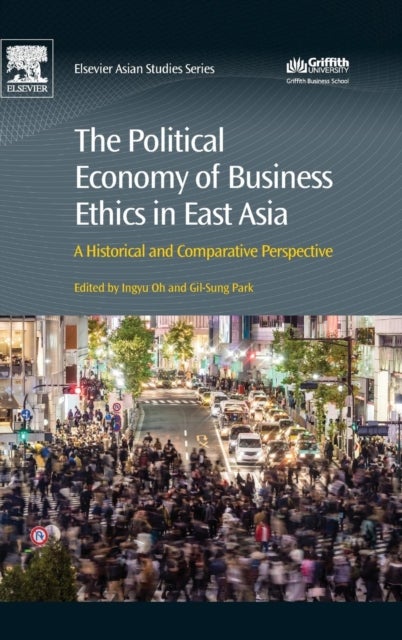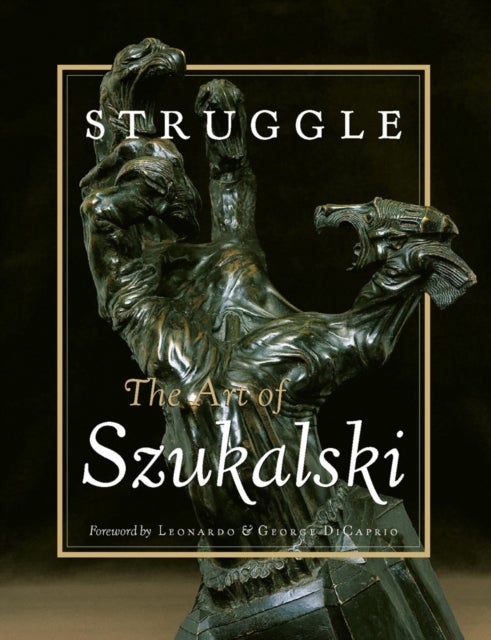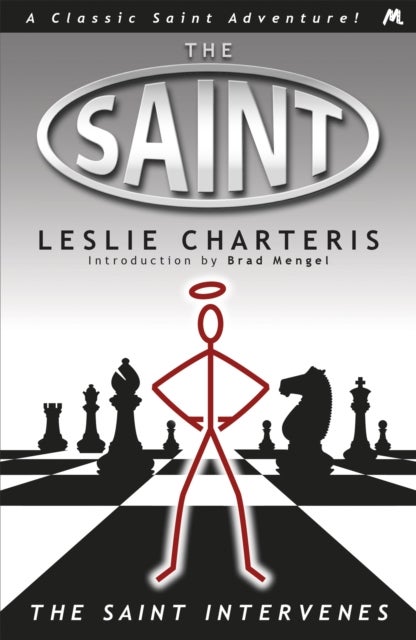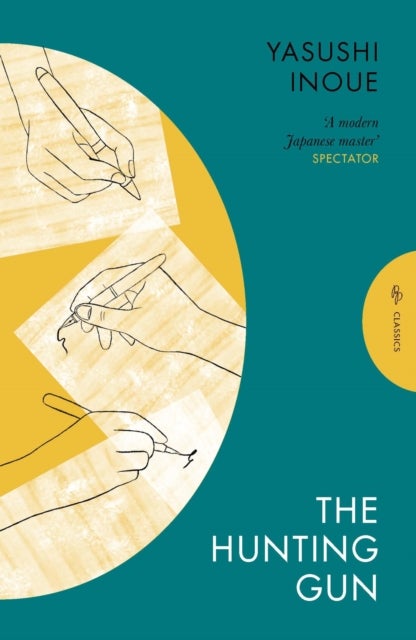
The Political Economy of Business Ethics in East Asia
1319,-
<p><i>The Political Economy of Business Ethics in East Asia: A Historical and Comparative Perspective</i> deals with modes of ethical persuasion in both public and private sectors of the national economy in East Asia, from the periods of the fourteenth century, to the modern era. Authors in this volume ask how, and why, governments in pre-modern Joseon Korea, modern Korea, and modern Japan used moral persuasion of different kinds in designing national economic institutions.</p><p>Case studies demonstrate that the concept of modes of exchange first developed by John Lie (1992) provides a more convincing explanation on the evolution of pre-modern and modern economic institutions compared with Marx''s modes of production as historically-specific social relations, or Smith''s free market as a terminal stage of human economic development. </p><p>The pre-modern and modern cases presented in this volume reveal that different modes of exchange have coexisted throughout human history. Furthermo








